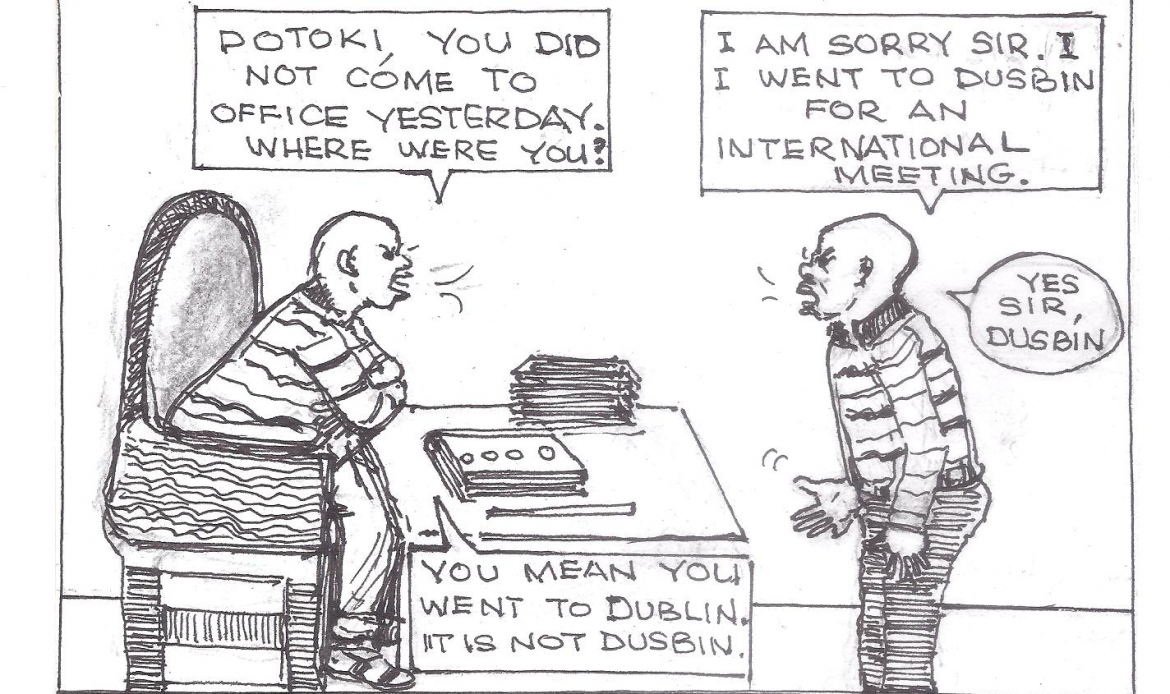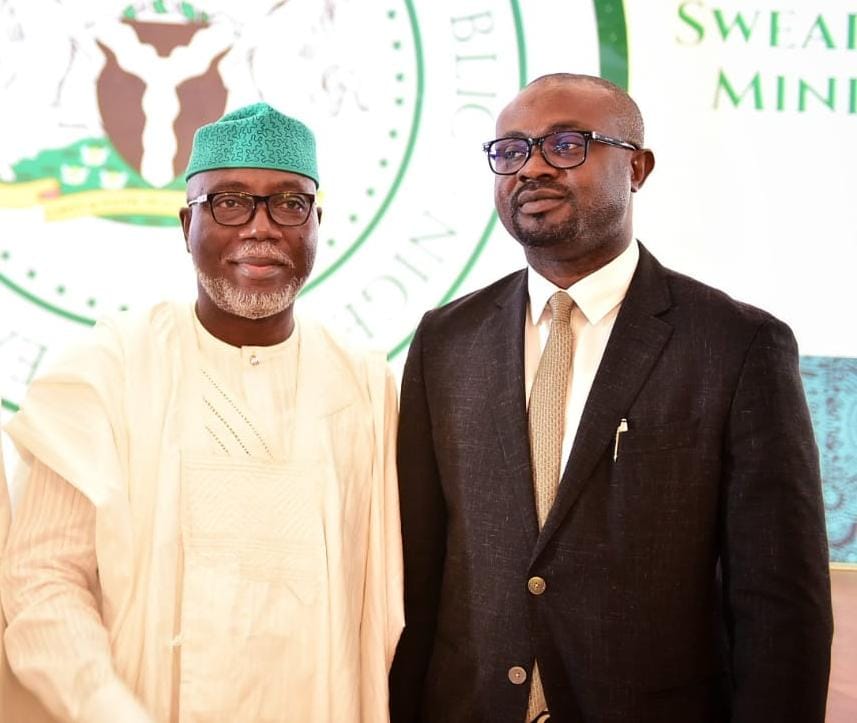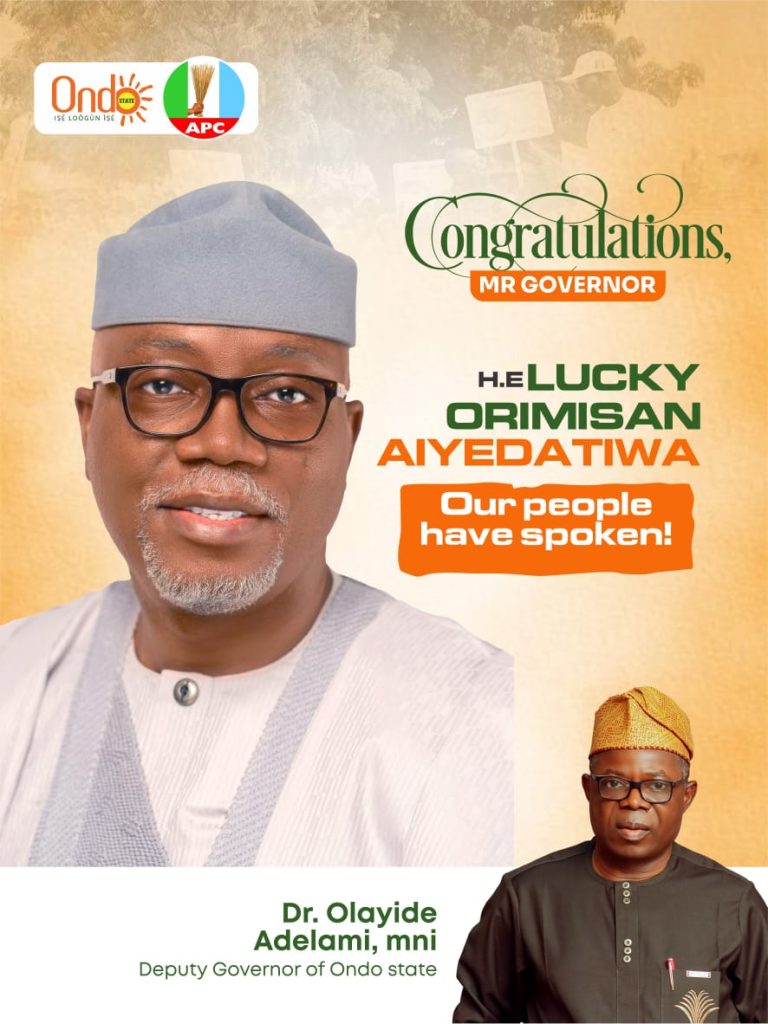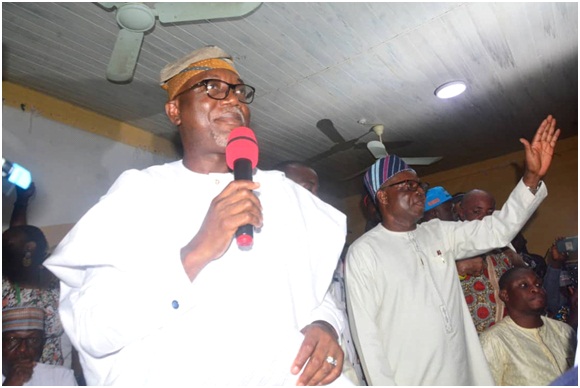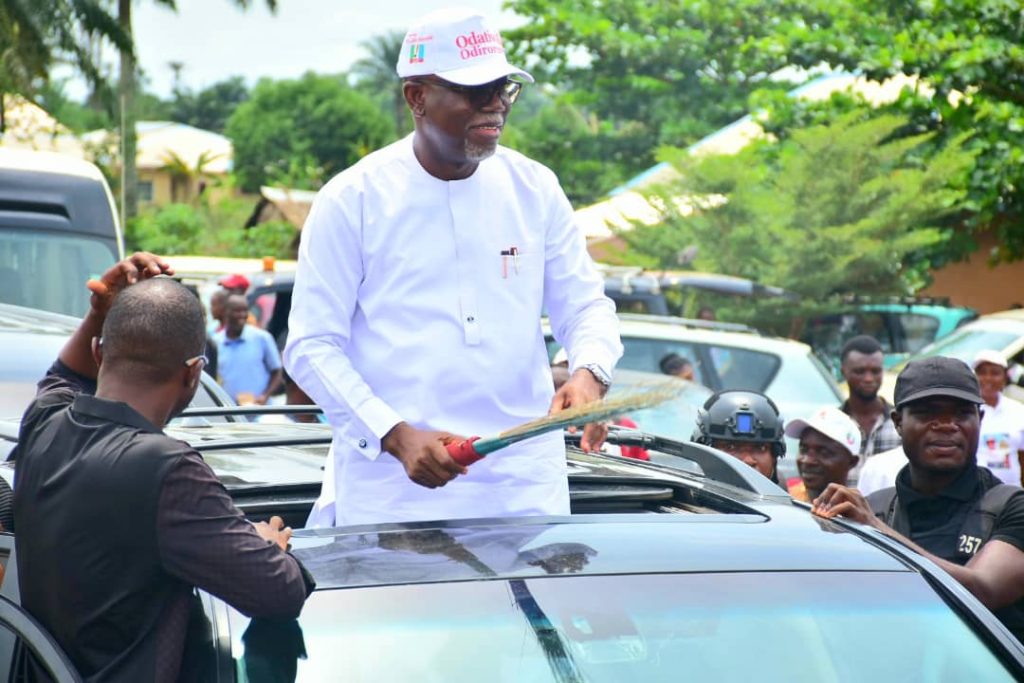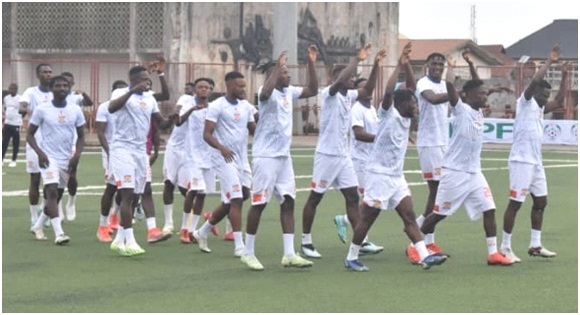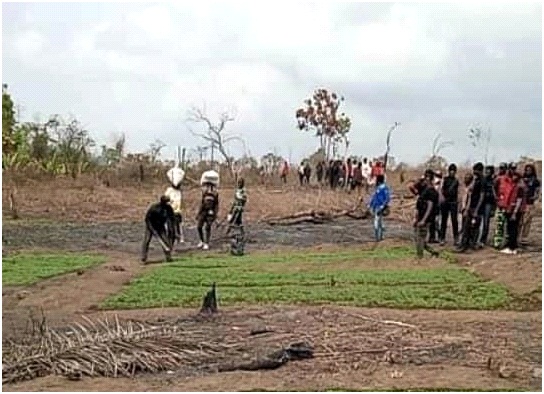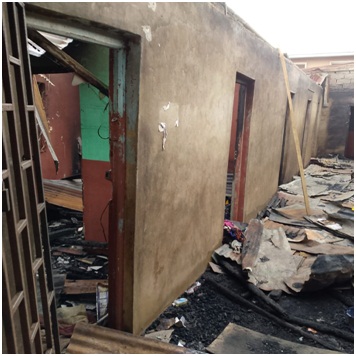Religion and Nigeria Evolving Democracy
EVEN though Section 10 of the 1999 Constitution of the Federal Republic of Nigeria (as amended), recognises the secularity of the country to the effect that “The Government of the Federation or of a State shall not adopt any religion as State religion”, other provisions of the constitution give a fillip to criminal and penal codes that are derived from religions, particularly the Quran. The ambivalence in the constitution emboldened a former governor of Zamfara State, Ahmed Yerima, to implement Sharia law as a legal system on January 27, 2000. Successively, elements from northern Nigeria have continued to disregard the Nigeria constitution, in the name of religion.
THE constitutional religious hypocrisy in Nigeria continues to manifest in: the sponsorship of indigenes by states to both Israel and Mecca for ‘Holy Pilgrimages’, with offices set up for such; the use of Christian and Muslim prayers during public official events; the recognitions of notable dates as public holidays to commemorate religious, most especially Christian and Muslim events; Arabic inscriptions on the Naira notes and Nigerian Army’s insignia, etc. We like to note, with huge reservations, that notwithstanding the palpable level of religiosity in the country, there are manifest crimes and criminalities, endemic corruption and eclectic moral decadence in the country. The Hope posits that religion is, true to the platitude, opium in Nigeria!
RELIGIOUS divisiveness in the country has assumed the dimension of war, with religion-induced sentiments beclouding the sense of reasoning of Nigerians, from leaders to the led, even as the political class uses religion as a weapon to manipulate the psyche of the people.
In Nigeria, violent religious crises have claimed many innocent lives, between 1980 and 1992, 26 religious riots were recorded across the country and death tolls put at 6,775 casualties .As a country operating democracy guided by rule of law, there could not be justification for killing people because of religious differences..
ONE of the many deployments of religions for selfish purposeless ends in Nigeria is the needless acrimonies caused by the ‘Hijab war’ in public schools in the country. With different shows of shame in Kwara and Osun States, students have lost good times, and have been physically violated by violent protests and absurd posturing, when sympathizers of the Christian and Islamic faiths invaded schools to either enforce or protest against the use of Hijab by Muslim students in public schools, particularly those initially founded and owned by Christian missions before government take-over. The International School of the premier University of Ibadan sometimes ago witnessed this despicable religious recession too.
THE Supreme Court judgment of Friday, June 17, 2022, sanctioning the use of Hijabs by female Muslim students in government-owned schools in Lagos State, seemed to have negatively climaxed and expanded the jurisprudence on the Hijab issue, with a human rights lawyer, Malcolm Omoirhobo, satirically dressing in the attires of traditional worshipers, to complement his wig and gown, to give an expression to the judgment of the apex court that Nigerians could wear their religious attires to their places of work or school, as part of the expression of their constitutionally guaranteed private rights as provided for in Section 38 of the constitution, in total disregard to section 10 that touches on public good, interest and safety.
THE Hope is of the opinion that the belligerent attitudes and attendant brigandage of individuals struggling hard to protect their imported religions from the Middle East patently show that religion is a time bomb that might soon set the country ablaze. The foregoing is evident in the religious intolerance that encourages miscreants to carry out jungle justice because of purported blasphemy, even as political elites give tactical support to religious extremism for the purpose of political capital. One could not have imagined the chaos caused in Osun state based on the approval of school uniforms during Aregbesola’s administration, that Christian faithful wore their various religious attires to public schools, as a way to counter the approval of the use of Hijab. One wonders if inner sanctity could be expressed outwardly through adornment! Shakespeare could not be wrong that there is no way to read the mind construction on the face!
INTERESTINGLY, as part of the build-ups to the 2023 presidential elections, religious colouration has been introduced to the game of power, as some political watchers have openly kicked against the adoption of Muslim-Muslim ticket by any of the political parties. While being conscious of the ethno-religious mistrust and apprehensions pervading the socio-political space, we are nonetheless worried that competence is being sacrificed on the altar of religion at a time when everybody should unite to confront the many woes militating against the nation, with more confusion and polarisation in the horizon.
IN our quest for nationhood, we are of the view that Nigeria must discourage bringing religion into state affairs, to avoid causing more division, confusion and instigating crisis. The country must follow the example of the founding father of Singapore on religious tolerance and unity. Similarly, Nigeria must play down on religion, and concentrate on capacity and competence in national development, as well as ensure the protection of all citizens under the constitution. Religion is a private enterprise, and should not be used to invade, oppress and violate other people’s spaces. Is Nigeria ready for secularity with the elevation of religions in public places? A stitch in time saves nine, it is often said!
